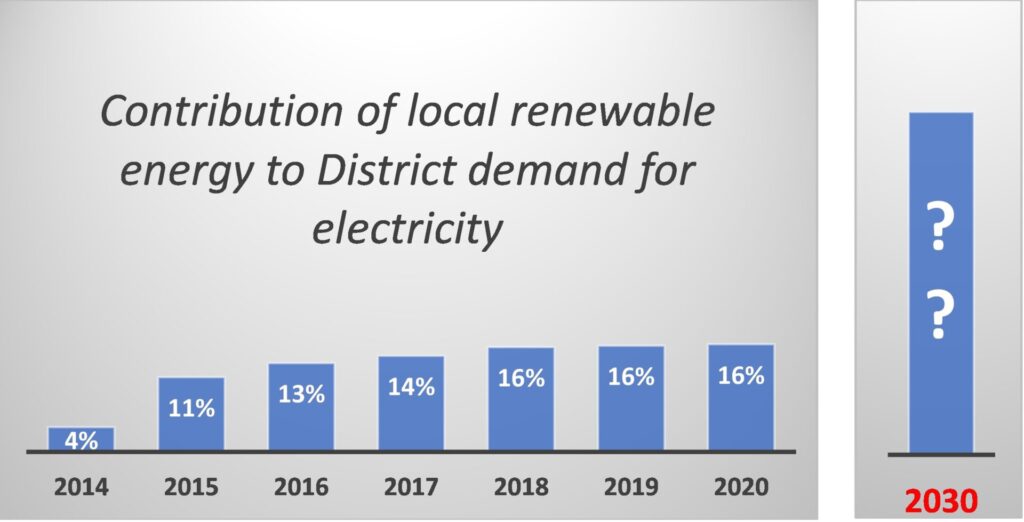In my long ago 1970s experience of working for a household name in British engineering, I learnt that the Board of Directors would make a decision only if it could be presented on a single A4 page.
This baffled me, as the days preceding the Board meeting were marked by frequent summons for my manager to attend to the senior manager tasked with preparing Board papers. From my adjacent office I could hear the frantic pulling on of a jacket and the scurrying transit to the neighbouring building with its superior heating system and spacious offices.
Surely a lengthy document was in preparation. But no, only on the rarest occasion can I recall the outcome extending to two pages. Emphasis was delivered by underlining and, in my mind’s eye, there was large font size, in extremis of persuasion. Was this really possible for the “secretary” equipped with the ubiquitous Olivetti typewriter?
In my next job, the company secretary leapfrogged tedious preparations by writing the minutes of the Board meeting in advance, rarely more than a page. He used this draft as an aide memoire to conduct the meeting. No one had heard of governance in 1980.
This small company became a large company. The percipient company secretary became chief executive.
Then everything changed when I moved to the not-for-profit sector. Here the business of policy advocacy for international agreements had to be supported by evidence, the more the better. Inspiring figures like Martin Khor and Barry Coates slaughtered flaky politicians with their “papers” but they used up a lot of words in the process.
The charity sector has become ever more conscientious in superimposing its values on internal operations; all voices should be not only heard but noted to be heard. The unfortunate minute-taker is on the rack.
External reports scoop up every available case study and opinion on the lessons learned. The exponentially rising storage capacity of digital devices has opened up a motorway for the ton-up page writer.
These habits die hard even in my voluntary roles in retirement, the third age of report writing. In preliminary discussions for a report on “renewable energy in Winchester District”, I promised committee colleagues that it would not stretch beyond 5-10 pages.
Weeks later, with much embarrassment, my 33-page tome dropped into their inboxes for comment. In fairness to myself, the overrunning content had less to do with decline in competence than the dysfunctional relationship between the national grid, planning regulations and the imperatives of decarbonisation.
Indeed when it came to devising a chart for the front cover, I was disconcerted to note that it conveyed our core message so effectively that we might not have bothered with the report at all.

It’s self-evident that we can’t be serious about UK net-zero if we carry on like this in our District, or in so many others of similar profile. Say it with pictures, may be the answer for the final act.
Or maybe not. Last week I was back to writing minutes for another board of charity trustees, wrestling with the tension between inclusion and brevity. Our zoom “host” thoughtfully sent me a VTT file, an automated audio transcription of the proceedings.
It was 34 pages.
******
Renewable Energy in Winchester District published by Winchester Action on the Climate Crisis.